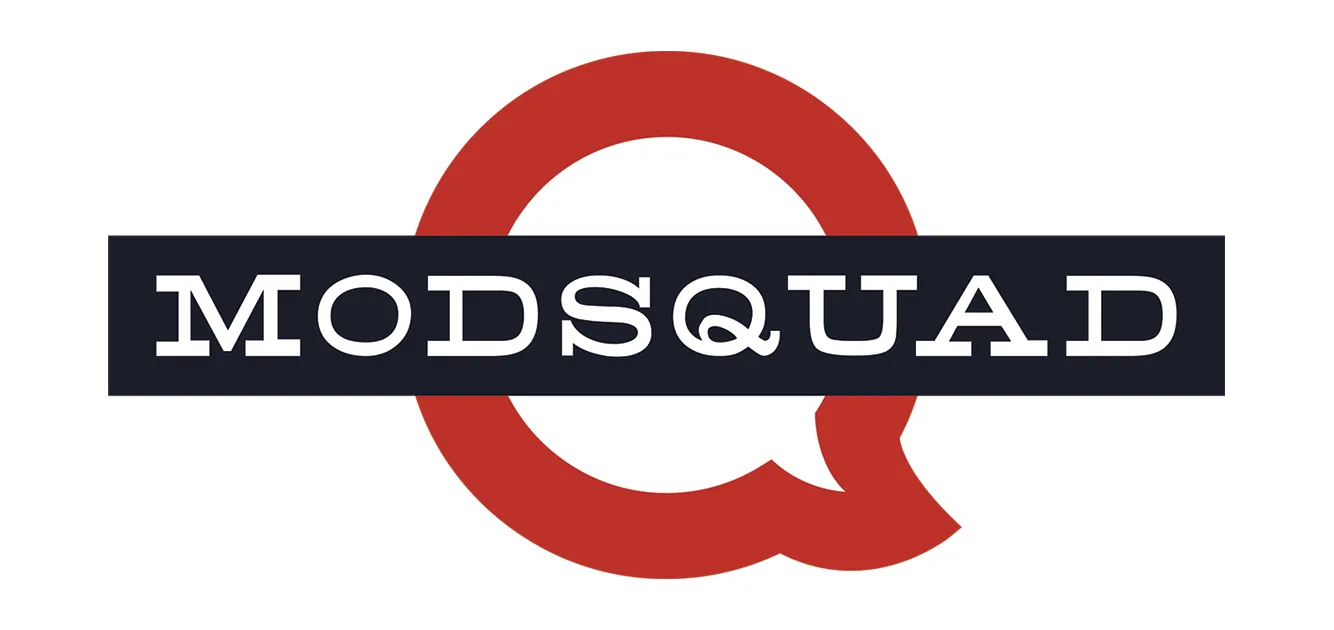
Picking The Best Blog Platform For You
As a social media consultant, one of the first things I like to find out from my clients is what their entire online media presence is like. This not only covers their Facebook, Twitter, YouTube, LinkedIn, and Foursquare pages, but also places like their official website, forums, and blog. This is because social media isn’t a separate Internet zone, limited to a particular social networking site (was it ever?). The best social media strategy ties into, builds off of, and integrates with a person or brand’s total online media presence.
A good example of this is a client’s blog. Blogs are great for posting lengthier updates that are better off being linked to on Facebook and Twitter. They’re less ephemeral and consequently have a more official feel than Facebook or Twitter posts, which tend to get buried under multiple updates within days. Blogs are also a great way to link to your social networking profiles and strengthen your URL’s or brand’s place with search engines. Depending on the blog platform you use, these search engine optimization (SEO) and social network connect tools can be easy to implement.
Below, I’ve excerpted 5 popular blogging platforms currently used in the industry. You can see the full details of my recommendations, which include information about stand-out features and unique capabilities for each platform, by requesting the Metaverse Mod Squad white paper at [email protected].
WordPress
WordPress is one of the most popular traditional blogging services to use. There are actually 2 ways to use WordPress: WordPress.com is a free, web-based blogging service. WordPress.org is the software, which you can download for free and install on a web server to run. Whether for a hobbyist blogger or a Fortune 500 company, WordPress provides a lot of support for adapting to a multiple needs. WordPress Support has a handy Pros/Cons sheet if you want to learn more.
Tumblr
 Tumblr is one of the newest and, in my opinion, trendiest blogging services out there. It’s free, web-based, and perfect for quick posts that are longer than a Tweet or Facebook status but shorter than a traditional blog post. I recommend Tumblr to anyone who wants to start a personal blog and tap into interest-driven communities.
Tumblr is one of the newest and, in my opinion, trendiest blogging services out there. It’s free, web-based, and perfect for quick posts that are longer than a Tweet or Facebook status but shorter than a traditional blog post. I recommend Tumblr to anyone who wants to start a personal blog and tap into interest-driven communities.
Blogger
Blogger is a free web-based blogging service and is very easy to set-up. Blogger is an old favorite of mine for its sheer simplicity. It’s an excellent platform for beginners and personal bloggers, while also providing flexibility for those who want to take their blogs to the next level.
vBulletin
vBulletin is a great service for integrating forums with a blog or content management site and keeping the look and feel consistent across all sites. I recommend vBulletin if you work with vibrant fan communities, or are looking to establish a space for your blogging audience to connect and discuss outside of your blog.
Drupal
Drupal is a more advanced content management site. This is the software to use if you want full control over the web development process, design, and scripting. Overall, Drupal works very well for those looking to build a community site and is a very powerful tool if you’ve got the technical chops and resources to run it.
Though I generally recommend WordPress.org to my clients, choosing the best blog platform really comes down to what you want to put in and get out of a blog. Would you recommend these blogging services too? Comment with your favorites!
Which blog platforms are top brands using and why? Request the Metaverse Mod Squad white paper of this blog post to learn more about choosing the best blog platform for you.
— J.Lowe
Follow J.Lowe on Twitter: @Jenn_Lowe





